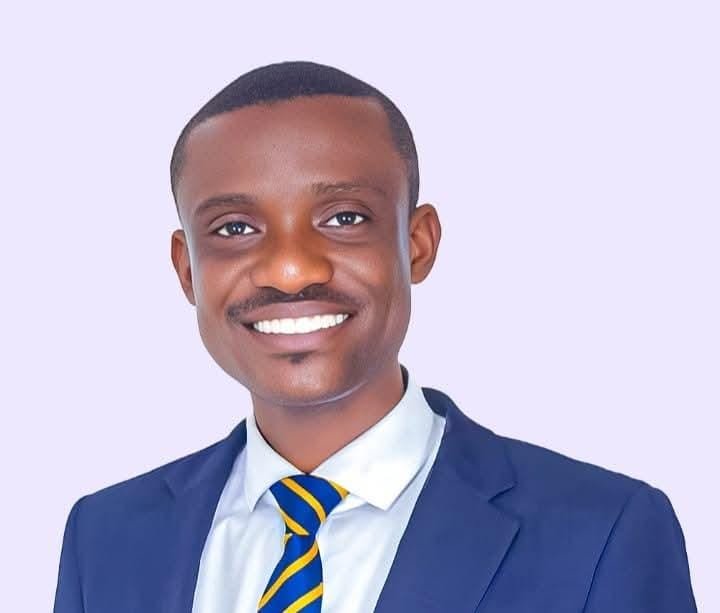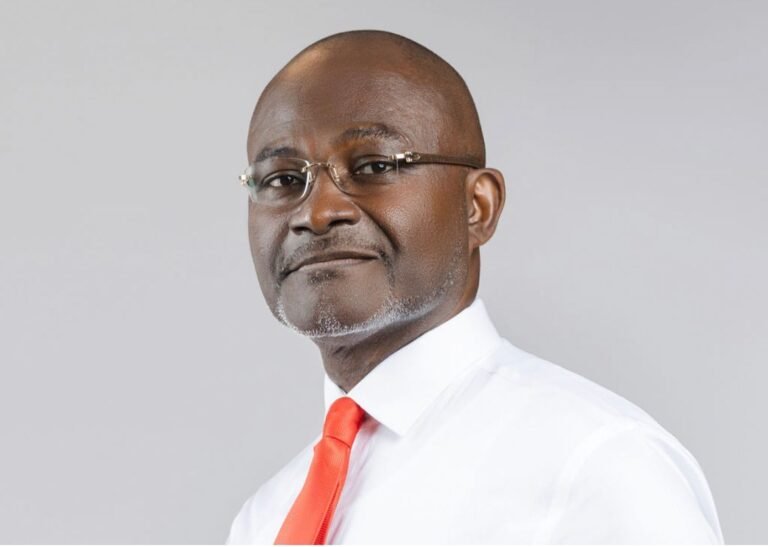
Ghana school of Railway
The Ghana School of Railways and Infrastructure Development has held its first matriculation, signifying a major boost on the government’s intention to develop sufficient human resources for the country’s railway subsector.
The University of Mines and Technology (UMaT), which operates the Ghana School of Railways and Infrastructure Development, held the matriculation recently.
UMaT opened the Ghana School of Railways and Infrastructure Development campus at Essikado in Sekondi-Takoradi in the Western Region this year.
About 300 students have been admitted into the school for this academic year. Over the next four years, the school is looking to admit about 5,000 students.
Human resource
One of the most serious shortcomings of the railways sector that was identified by the government in 2017 was inadequate human resource base.
To this end, the government, through the Ministry of Railways Development, was seeking to build a multibillion dollar railway sector with a scarcity of human resource expertise in the sector.
The former Minister for Railways Development, Mr Joe Ghartey, had explained that together with his team they took the bold step to address the human resource deficit in the railway sector in the country. That led to the collaboration with the University of Mines and Technology to establish the Ghana School of Railways and Infrastructural Development in Essikado Sekondi.
Courses
This year, the school is starting with general engineering programmes while in the next academic year, it is expected to introduce new courses such as BSc Transportation Engineering,
BSc. Railways Engineering, Certificate programmes in Locomotive Engineering, Signaling and Telecommunication Systems, Rail Operation and Geotechnical Engineering.
The opening of the Ghana School of Railways and Infrastructure Development was made possible after the team turned dilapidated buildings not fit for human use into modern state-of-the-art structures.
This, according to them, shows that there is the need for Ghanaians as a people to think outside the box and have vision to be able to make what seems impossible possible.
It took four years, from 2017 to 2021, to create a tertiary institution which would develop the human resource base for the growing railway sector.
The Vice-Chancellor of UMaT, Prof Richard Kwasi Amankwah, speaking during the matriculation, observed that his outfit is poised to extend quality education to everyone.







